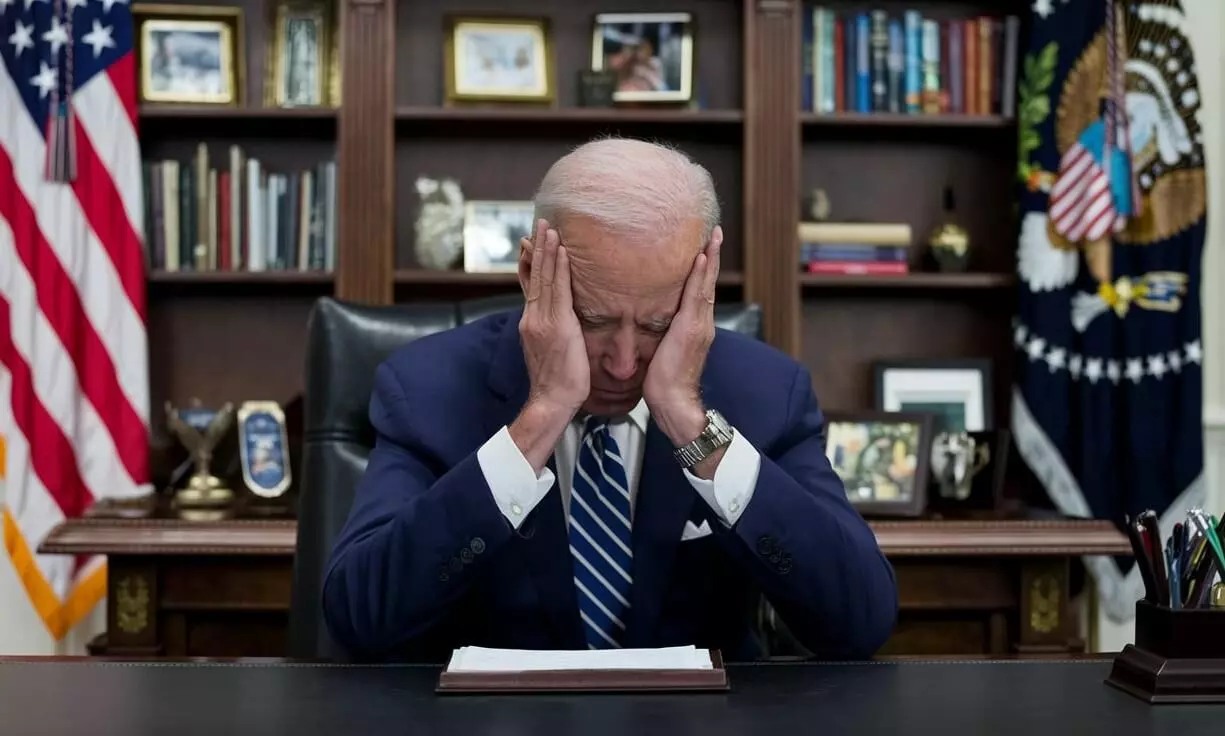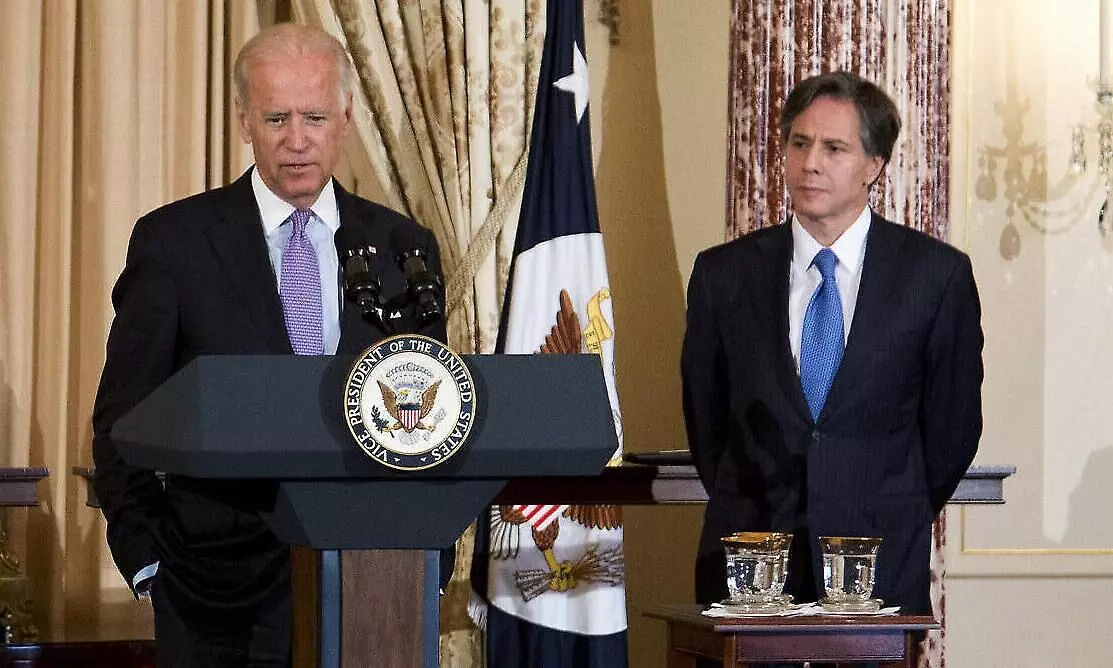
Gaza ceasefire: Will America succeed?
text_fieldsRepresentational.
The US Secretary of State Antony Blinken can be said to have returned empty-handed after completing his visit to Israel, Egypt and Qatar. The truth is that negotiations for a Gaza cease-fire, initiated by the United States last May, have not yet got anywhere. The peace efforts made by the United States by enlisting the countries of Egypt, Qatar, and Saudi Arabia, however, are not fully acceptable to Hamas or Israel, the parties to the conflict. Hamas has raised doubt on the bona fides of the cease-fire agreement, with Israel recently proposing new measures to assert its dominance over Gaza. Hamas has accused the United States of giving Israel enough time to continue its carnage in Gaza by delaying the peace deal. Continued attacks on schools and refugee camps confirm allegations of Israel’s demonic hunt. Hamas accuses Israel of trying to extend it by adding new conditions one by one even after it stated in July that it was ready to respect the agreement put forward by the United States. Israel is participating in the current peace talks, but Hamas is not present. Through the mediators Qatar and Egypt, they were apprised of the situation and their response sought. Antony Blinken has visited West Asia nine times since Israel launched the Gaza war ten months ago following an attack by Hamas. Each time, he came left empty-handed. With the political assassinations of top Hezbollah commander and Hamas leader Ismail Haniyeh in recent months, the US has stepped up its 'last-ditch’ peace effort amid concerns that the Gaza offensive could spread throughout the Middle East.
If West Asia turns murky with Iran's threats to seek revenge for Haniyeh's assassination and Hezbollah's warnings, it will hit the US hard. Therefore, before the presidential election in November, Washington is trying its best to create a peace treaty. The core of the new truce is a six-week ceasefire. Meanwhile, Hamas will release a limited number of Israeli hostages, including women and the sick in return for releasing a significant number of Palestinian prisoners in Israeli prisons and allowing more humanitarian aid to Gaza, which were the important proposals in the peace formula devised by the United States last May. The new agreement also called for the ceasefire to be extended indefinitely until mediators propose a new phase of the program to ensure that the collapse of last November's truce does not happen this time. Although Hamas has accepted the deal in its entirety, Israel is not ready to have the final word on the matter and is pushing for new conditions. This, in turn, is not acceptable not only to Hamas but also to Egypt, which acts as an intermediary. Israel has recently proposed the condition of cutting off southern Gaza from Gaza City and establishing a permanent presence of its forces along the new Israeli-controlled Netzarim Corridor and the Philadelphi Corridor on the Gaza-Egypt border. They say this military control is necessary to disarm Palestinians returning to Gaza and to prevent the regrouping of Hamas. However, Hamas points out that Tel Aviv's plan is to ensure the complete occupation of Palestine by establishing control over Gaza. Cairo has also made it clear that this exercise on the Egyptian border is not acceptable.
Israel is not ready to stop the war aimed at the complete destruction of Hamas and the maximum occupation of Palestine. Benjamin Netanyahu is not ready to openly admit that these two goals will not be achieved, even when the extremist leaders on the ruling front say that they cannot be implemented. Hamas, on the other hand, is looking ahead to a cease-fire that would usher in an end to war. Egypt, which is at the head of the mediation, is pushing another step forward, saying that the ceasefire should be the beginning of the international recognition of the Palestinian state and a two-state solution. Although Israel has demanded the number and addresses of those detained by Hamas, Hamas says it does not know where they are or what their condition is after the war. Israel, on the other hand, is refusing to release senior Hamas and Palestinian leaders in prison, including Marwan Barghouti. There are differences of opinion between Israel and Hamas and mediators over the withdrawal of troops. All this must be accomplished to reach a settlement. More initiative is needed from the Israeli side. The fate of the ceasefire deal depends on whether the US can succeed in taming Tel Aviv. The world is watching whether Anthony Blinken and President Joe Biden, who have failed in the last nine times, will win in this 'last minute' as they say.


























